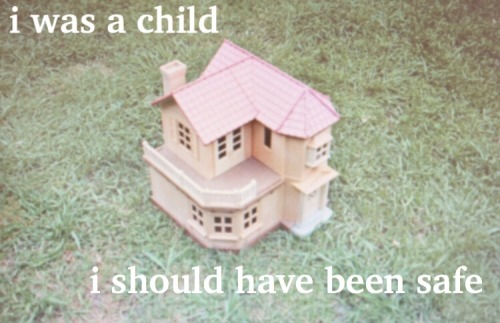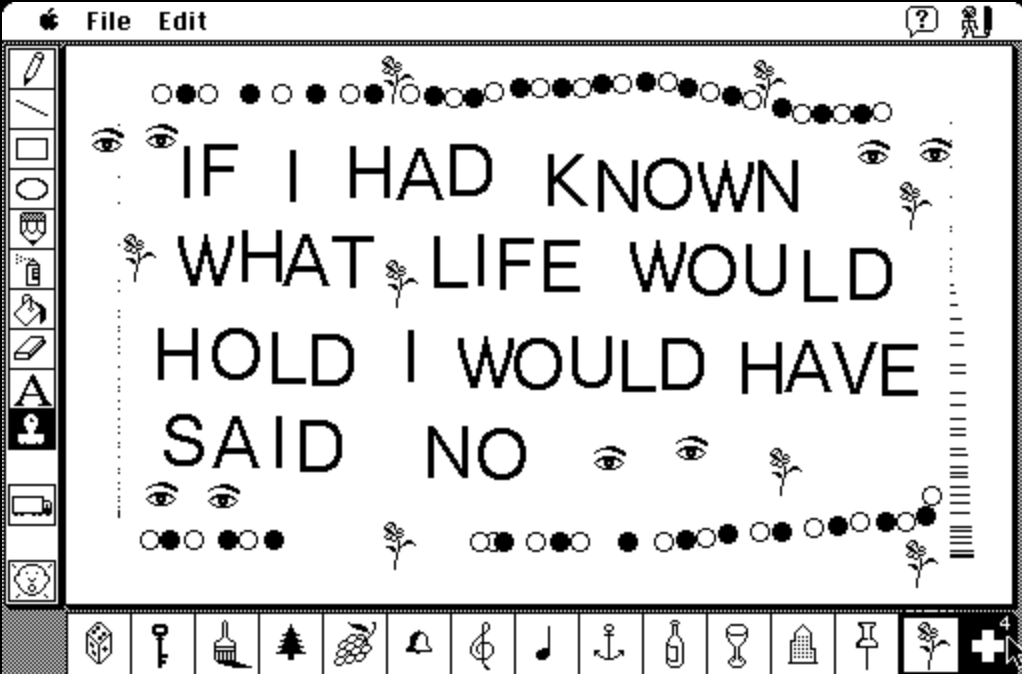As an introduction to found poetry, Professor Beltz-Hosek made a poem out of the back of a pack of Sticky Notes. She cut up each sentence into lines, and what surprised us all is that it didn’t not work. Breaking the lines into the kind of rhythm and cadence we associate with poetry, and the words themselves felt different.
That exercise had led me to think about poetry as presentation, not just wordcraft. I think, despite how minimalist the format of the printed poem is, we still impart an air of power and reverence that comes with the written poem. This is why, I feel, spoken word poetry gets so much flak in popular culture for being “awkward.” The change of the format removes that air of reverence, at a surface glance it isn’t how people imagine poetry, it’s someone speaking in a tone that isn’t how they’ve seen people usually speak before.
The inverse of this is also true- people will almost always look over beautiful word craft and form when it appears in places we don’t associate with poetry. I’ve seen people respond to very banal posts online and say, hey, wait a sec, this is poetry, you wrote this in iambic pentameter. I feel like it’s only when we see markers of certain presentation do we think “Oh, I’m reading poetry” and begin to look at the words as more than just information to be skimmed. Cultivating found poetry and making blackout poems train us to not just skim, but to train our poet’s brain to pick up phrasing we may have missed. Online poets and on Twitter or Instagram get around the problem of skimming through how they present their format- they’ll scatter the words across the screen in a way you only see in poems, or they’ll put a sunset background on the words, not to fit the theme, but to communicate to the reader “this is not a post, this is poetry.”



